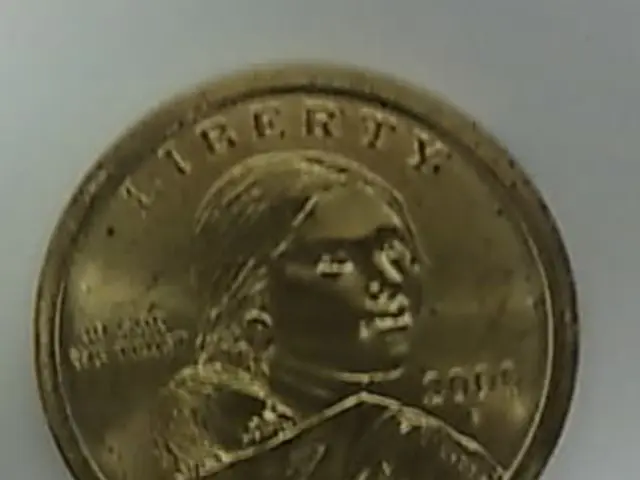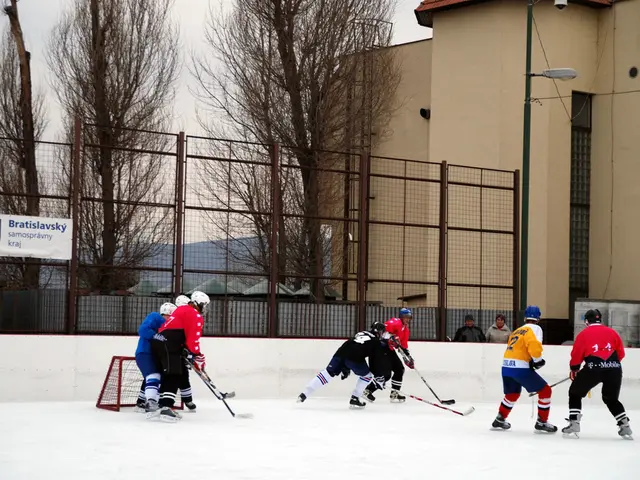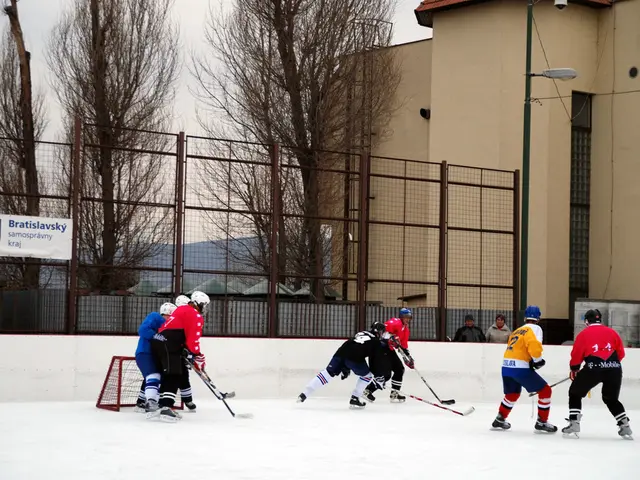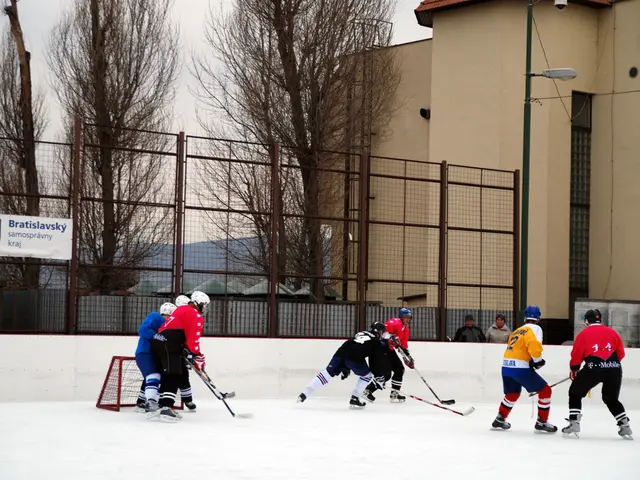Independent Study Program at Whitney Museum halted following cancellation of pro-Palestine performance and ensuing controversy.
In an unexpected move, Scott Rothkopf, director of the Whitney Museum, announced that the museum's renowned Independent Study Program (ISP) would be taking a break during its 2025-26 academic year.
Rothkopf penned an email expressing that the program is currently bereft of a director, causing a strain on both the strategic vision and day-to-day operations. He emphasized the massive commitment participants make when joining the ISP and referred to this hiatus as a period of introspection, reflecting the educational institution's core values of learning, inquiry, and critical practice.
This announcement coincided with a controversial open letter signed by high-profile artists and writers associated with the ISP, denouncing the museum's decision to cancel a pro-Palestine performance back in May. The letter demanded that the Whitney Museum uphold its guiding principles, as accepted dissent, reinvention, and activism are integral to its mission.
Sparking Controversy
The banned performance, titled "No Aesthetics Outside My Freedom: Mourning, Militancy, and Performance," by artists Fadl Fakhouri, Noel Maghathe, and Fargo Tbakhi, was intended for a curatorial exhibition organized by the ISP over several generations of artists, curators, and critics.
The performance's cancellation stemmed from Tbakhi's introduction, in which audience members were invited to leave if they held any support for Israel. The museum accused the artists of valorizing specific acts of violence and imagery, stating they would never condone singling out community members based on their beliefs and asking them to leave an exhibition or performance.
Protests and Suspension
News of the performance's cancelation became public in mid-May, coinciding with reports of artist Gregg Bordowitz's demotion from his position as the Independent Study Program's director. A subsequent protest took place at the museum last month, as the museum community grappled with the cancellation and its implications.
In the open letter, ISP alumni pointed out that the canceled performance, scrutinized artwork, and censorship were the consequences of a broader political climate of fear and intimidation in the United States. They criticized the museum for its crackdown on free expression, protest, and speech by artists and scholars supporting Palestine.
The ISP stands as a highly-regarded interdisciplinary program that fosters critical thinking and creativity among its participants. The program's suspension exposes tensions between artistic freedom and the political sensitivities cultural institutions face when tackling controversial topics. This pause serves as a reminder for institutions, like the Whitney Museum, to find a delicate balance between artistic expression and fostering a respectful and inclusive environment.
[1] Whitney Museum's Statement on the Cancellation of the Performance (https://www.whitney.org/about/press/whitney-museum-statement-on-the-cancellation-of-the-performance)[3] Art News: Whitney Museum Cancels Controversial Performance (https://www.artnews.com/art-news/news/whitney-independent-study-program-performance-cancelled-1234731094/)[5] Hyperallergic: The Whitney Museum's Cancellation of a Fine-Art Performance (https://hyperallergic.com/598370/the-whitney-museums-cancellation-of-a-fine-art-performance/)
- The Whitney Museum's suspension of the Independent Study Program (ISP) during the 2025-26 academic year has caused a stir within the arts community, as a controversial open letter signed by high-profile artists and writers, associated with the ISP, denounced the museum's decision to cancel a pro-Palestine performance.
- The cancellation of the performance, titled "No Aesthetics Outside My Freedom: Mourning, Militancy, and Performance," sparked protests and debates about artistic freedom, political sensitivities, and the museum's role in fostering a respectful and inclusive environment.
- Amidst this sudden break in the ISP, it is essential to note that the art world and general news are closely monitoring the museum's response to the controversy, as the museum's curator, Scott Rothkopf, grapples with the challenges of balancing artistic expression with the museum's core values and the particular political climate of the United States.








